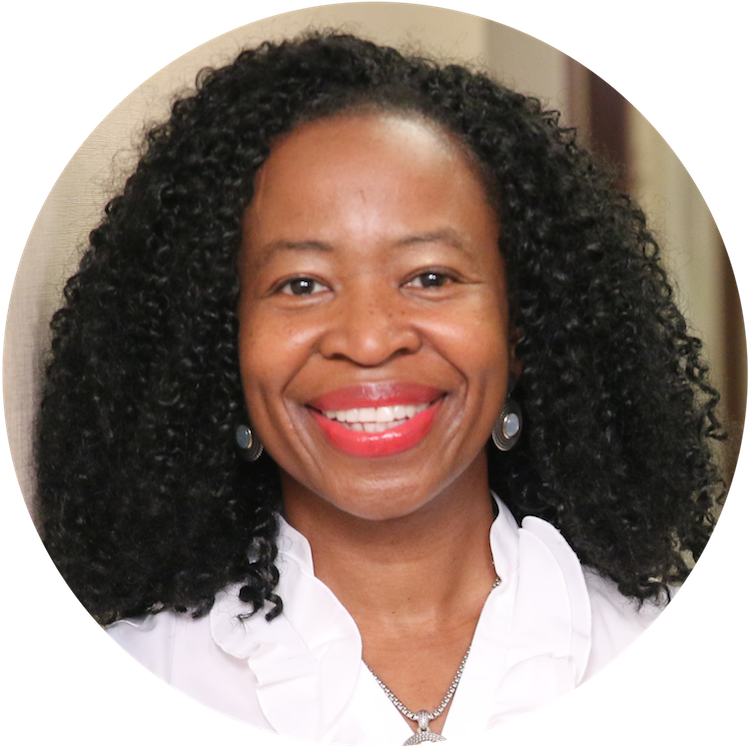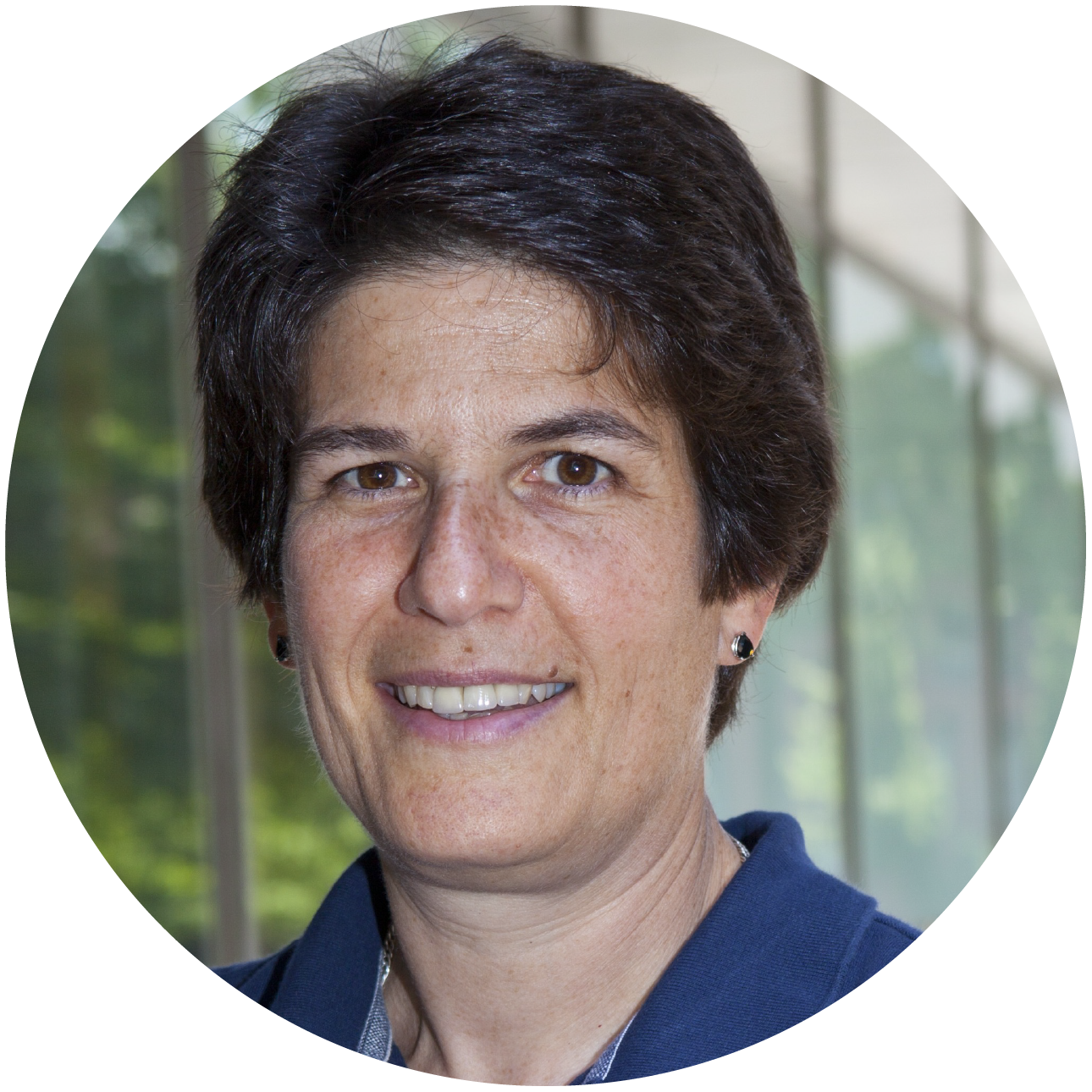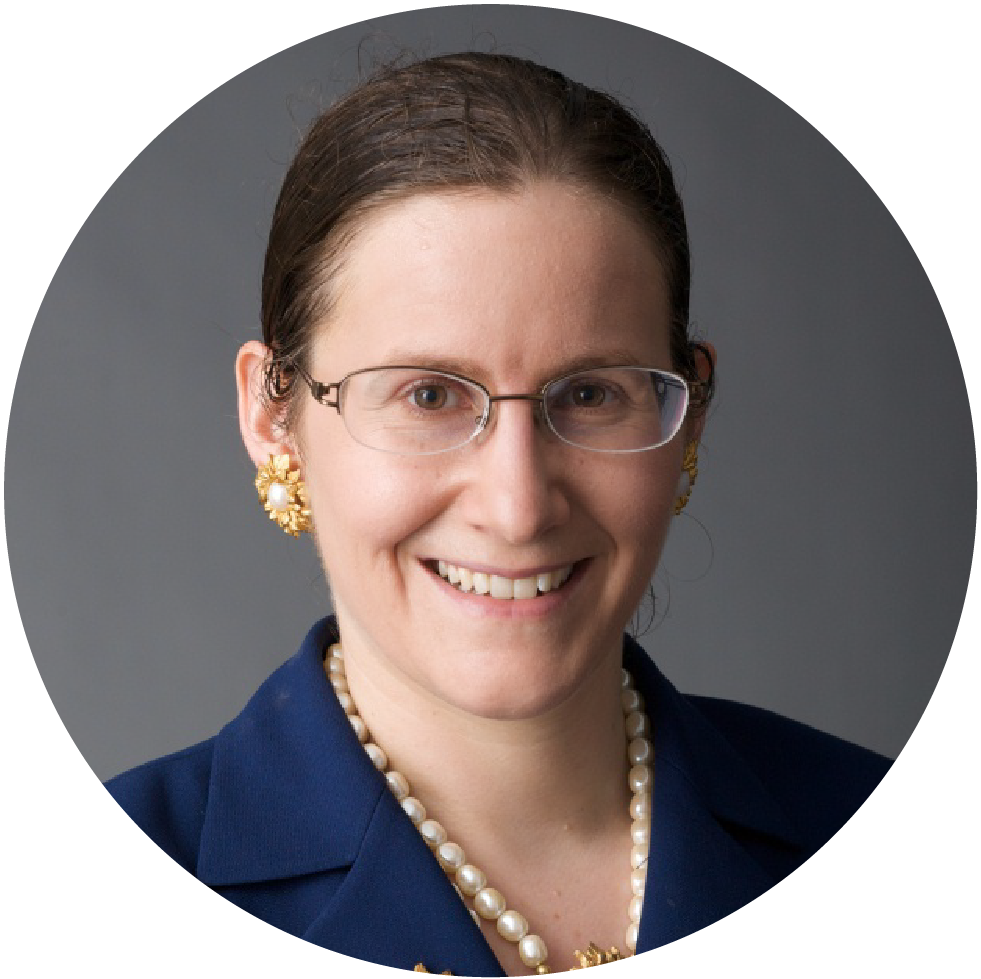Berkman Klein Center Welcomes Three New Directors
Photo: Robins Kaplan LLP/Dan Owen & Travis Wilhelmi |
Photo: Harvard John A. Paulson School of Engineering and Applied Sciences |
Photo: Georgetown University Law Center |
March 30, 2017
Cambridge, Massachusetts — The Berkman Klein Center for Internet & Society at Harvard University today announced the addition of three new members to its Board of Directors, enhancing the Center’s expertise on subjects ranging from computer systems research to the policies governing intellectual property in developing countries.
The new Directors are Ruth Okediji, a professor at the University of Minnesota Law School who will join the Harvard Law School faculty in July; Margo Seltzer, the Herchel Smith Professor of Computer Science at Harvard’s John A. Paulson School of Engineering and Applied Sciences, and Director of its Center for Research on Computation and Society; and Rebecca Tushnet, a professor at Georgetown Law School, who also joins the Harvard Law School faculty this July.
Professor Okediji, who was the Heiken Visiting Professor in Patent Law at Harvard Law School in 2015-2016, is an expert in innovation policy, intellectual property, and economic development in the context of international institutions and public international law. Her scholarship has influenced intellectual property law and policies throughout Africa, the Caribbean, and the Americas. She also serves on the boards of Creative Commons and IP-Watch.
Professor Seltzer, an accomplished computer scientist and software entrepreneur, was co-founder and CTO of Sleepycat Software, the makers of Berkeley DB, and is an Architect for Oracle Corporation. Among her many professional affiliations, Professor Seltzer serves on the Computer Science and Telecommunications Board of the National Academies. She has long been a Berkman Klein Center collaborator and in addition to her Directorship will spend the 2017-2018 academic year as a Faculty Fellow on sabbatical at the Center.
Professor Tushnet is a leading First Amendment scholar who focuses on copyright, trademark, and false advertising law. In her spare time she is a member of the legal team of the Organization for Transformative Works, which advocates for the rights of remixers and makers of fanworks.
“We are thrilled to welcome Professors Okediji, Seltzer, and Tushnet on our Board of Directors at such an important moment in our history,” said Urs Gasser, Executive Director of the Berkman Klein Center. “They are outstanding scholars and wonderful colleagues who will add unique expertise and new perspectives to our community, and will inspire and help guiding the Center’s work for the years to come.”
“The addition of Professors Okediji, Seltzer, and Tushnet to our leadership team will expand and refresh our bases of institutional expertise, and lead to productive debates that in turn will produce new work and projects to illuminate and improve the world’s digital environment,” said Jonathan Zittrain, the George Bemis Professor of International Law at Harvard Law School and Berkman Klein Center Chair.
The Berkman Klein Center’s mission is to explore and understand cyberspace; study its development, dynamics, norms, and standards; and assess the need or lack thereof for laws and sanctions. Its Board of Directors shapes the Center’s organizational direction. Continuing as Directors are Christopher Bavitz, Yochai Benkler, John Deighton, William “Terry” Fisher, Urs Gasser (Executive Director), Charles Nesson, Felix Oberholzer-Gee, John Palfrey, Jeffrey Schnapp, Stuart Shieber, Mark Wu, and Jonathan Zittrain (Chair).
Founded in 1997 through a generous gift from Jack N. and Lillian R. Berkman and expanded in 2016 in recognition of a major gift from Michael R. Klein, the Berkman Klein Center to date has welcomed more than 500 people into its community of fellows, staff, faculty, and affiliates from more than 40 countries; hosted more than 1,000 events, workshops and conferences; produced more than 700 videos and podcasts; contributed more than 10 million lines of code to GitHub; and published more than 250 reports, papers, and books in its publication series.
More information about the Center is available here.
 Ruth Okediji
Ruth Okediji Margo Seltzer
Margo Seltzer Rebecca Tushnet
Rebecca Tushnet